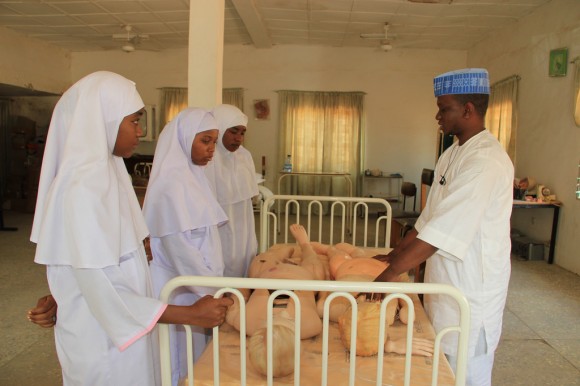A good friend of mine has started advertising her flat on Airbnb, a website that allows anyone that has a spare bedroom, owns a second property, or just want to rent their place out while they are on holiday to market it to others. Airbnb says its aim is to build a “trusted, collaborative marketplace”, and one of the main tools for doing so is their system of rating and reviews.
Rating and review systems aren’t new. They are the backbone of websites like Tripadvisor, Ebay and Amazon, to name a few. Amazon’s Founder and CEO, Jeff Bezoz has argued that these websites don’t just succeed because they have the rating and review systems – they succeed because they allow negative feedback as well. In the early days, Amazon was under pressure to delete negative customer reviews. But he took the view that customers would not come to Amazon to buy products if they didn’t trust Amazon, and knowing that negative feedback was displayed was critical to building that trust. Now that sellers know that they can get negative feedback, they have adjusted their strategies and improved their performance. They no longer put pressure on Amazon to delete comments, yet continue to advertise through Amazon.
My friend has had a similar experience with Airbnb. Initially, she was worried that she would get negative reviews from her guests because the water pressure in her flat wasn’t good. But, rather than wait for negative reviews, she decided to be upfront about the water problems when she welcomed the new guests. Now, all she gets is good reviews on her flat once her guests leave. By being open about the good and the bad, she’s now making a tidy little sum to pay for her holidays.
A few days ago I wrote a blog post about knowledge sharing, a topic that Indonesia has put on the agenda of the Global Partnership. Indonesia wants to stimulate the international community to find innovative ways to scale up and make knowledge sharing (known in some circles as technical assistance) even more effective in delivering development.

Since I wrote the post, and discussing it with others, I’ve been wondering whether, in many ways knowledge sharing has marketplace-like properties – as experts have a clear product, their knowledge. In her 2010 Ted Talk, Noreena Hertz laments a number of problems with relying on experts. But whether or not we like experts, the fact is, that like many of the products Amazon sold or my friends flat, there’s an information gap (or, in economic speak, an asymmetry). Experts might have a view about good they are, but those trying to get the knowledge – such as government officials in developing countries – can’t easily assess their quality. Experts themselves also have no real idea how good they are in comparison to others. And there’s no “central list” of who are the best global experts on different policy areas like tax, or the environment.
If a lack of information about the quality of knowledge shared or technical assistance is a problem in development, then the system of inviting open feedback and review may be useful to emulate – creating an open marketplace for experts from all over the world and rating them online, based on real feedback from the users, particularly officials from developing country governments. Experts could even be organised in “hubs” for different policy areas, such as food security or green growth.
Does anything exist like this in development? I haven’t come across it. The South South Opportunity website has a great set of case studies with lessons learnt for each, but it doesn’t quite get to the heart of who was behind each project, or set out actual feedback. Perhaps its because there are barriers to opening up such information, such as data protection or competition rules. That said, barriers might be overcome by looking in more depth at what Airbnb and Amazon have done to overcome similar issues. A truly “trusted, collaborative marketplace” might be well worth exploring, even if people are initially a little scared of negative feedback.
April 2013
